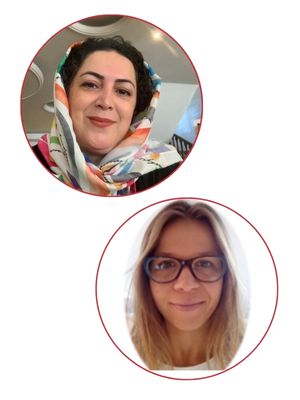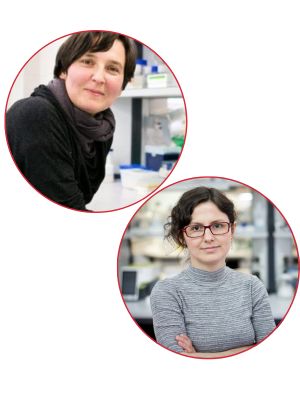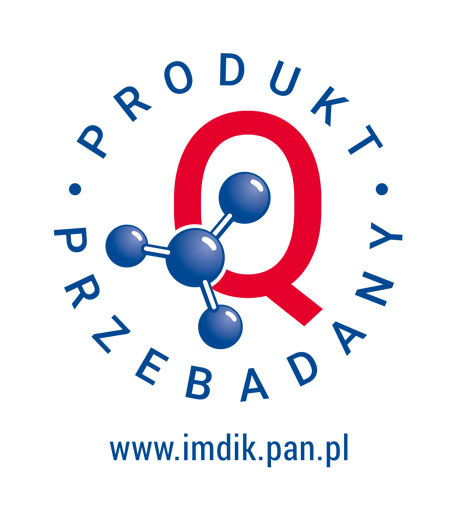"Neuropathology 2023" Conference

On behalf of the Association of Polish Neuropathologists we would like to invite you to the annual “Neuropathology 2023” Conference which will be held under the patronage of MMRI PAS in the conference room of our Institute on the 17-22th of November 2023.
The meeting will be of an interdisciplinary nature and will present the latest scientific / research / experimental and clinical achievements in the field of interest to a wide range of scientists, practitioners and students.
The presentations will include: ‘Neuropathology of vascular brain diseases, neuroinflammationas and neurodegeneration, Neurooncology, Haematology, ‘New WHO classification of CNS tumors.’, ‘Neuropathological – neuroradiological correlations’, ‘Neurotraumatology’ , Neuroscience, Neurotoxicology, Brain banking, Artifical Intelligence
Short oral and poster presentations are also planned. Presentations in English are possible.
The deadline for submitting abstracts and posters is November 3, 2023 via the form on the conference website: www.neuropath.pl
Regsitration link: HERE
Abstracts of the presented papers will be published in the Folia Neuropathologica journal.
POLONEZ BIS for MMRI PAS
September - the World Alzheimer's Month – is dedicated to raising awareness of this difficult and severe neurodegenerative disease that affects millions of people around the world. We would like to express our support and solidarity to all patients, families and caregivers who face the challenges of Alzheimer's disease every day. We are proud that through research conducted at our Institute we can contribute to the fight against Alzheimer's disease.
We are pleased to announce that Mossakowski Medical Research Institute was awarded funding in the NCN (National Science Centre) POLONEZ BIS 3 competition for the implementation of the research project entitled
"Study of the regenerative potential of Stem Cells from Human Exfoliated Deciduous teeth (SHED) in Alzheimer’s disease”.
The Principal Investigator of this project Leila Elyasi, PhD (Golestan University of Medical Sciences, Iran) will carry the project at MMRI PAS under the supervision of Michalina Wężyk, PhD from the Department of Neurogenetics and Functional Genomics of our Institute.
Congratulations and best wishes!
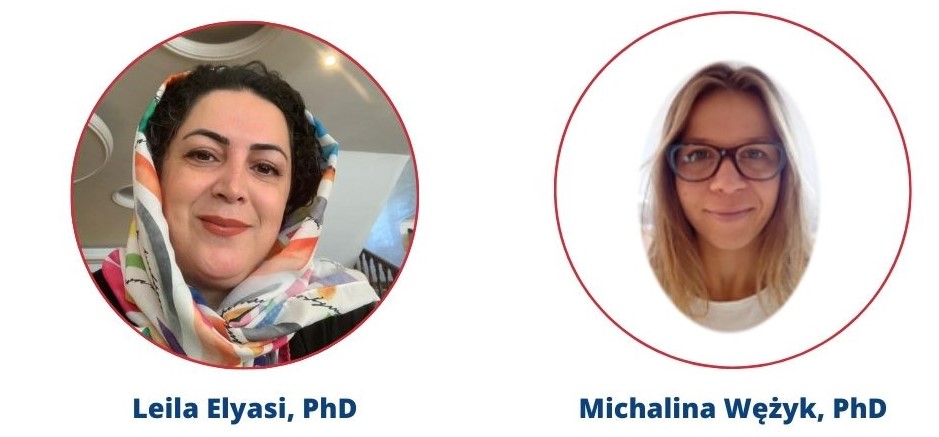
POLONEZ BIS 3 has received funding from the European Union’s Horizon 2020 research and innovation programme under the Marie Skłodowska-Curie grant agreement.
The success of our PhD Students
We are happy to announce the success of our PhD Students!
Klaudia Radoszkiewicz from the Translational Platform for Regenerative Medicine
and Martyna Podgajna from the Laboratory of Molecular Basis of Neurodegeneration
won the second and third place (respectively) in this year's edition of the competition
of the Polish Neuroscience Society "Young Investigator Award 2023".
Both ladies will present their scientific achievements on September 22
during the 16th Polish Neuroscience Society Congress in Toruń,
in the "Young Investigator Award" session.
Please accept our heartfelt congratulations and best wishes for future success!
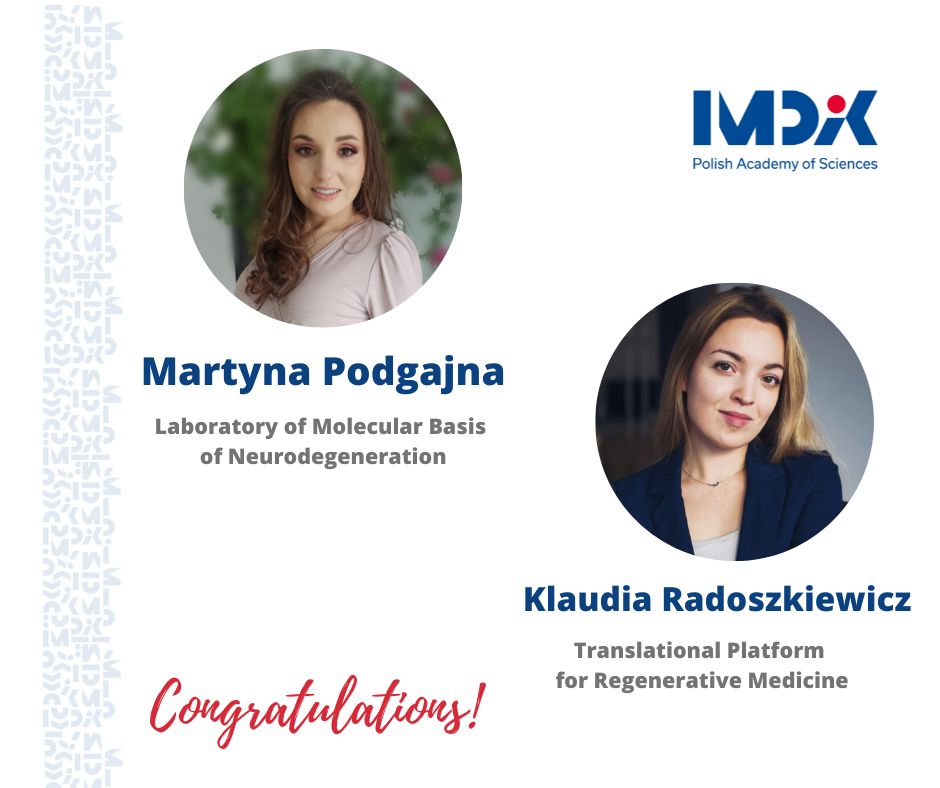
Horizon Pathfinder at MMRI PAS
We are proud and happy to announce that our scientists from the Laboratory of Immunology will participate in the European Horizon Pathfinder project
"Bottom-up manufacturing of artificial anti-tumor T cells".
In this project Mossakowski Medical Research Institute, Polish Academy of Sciences is one of the partners in a consortium consisted of: Katholieke Universiteit Leuven (Belgium) - Coordinator and Fondazione Toscana Life Sciences (Italy) - Partner and Academisch Ziekenhuis Groningen (Netherlands) - Partner.
The research conducted at MMRI PAS will be coordinated by Małgorzata Firczuk PhD, DSc and Magdalena Winiarska PhD, DSc.
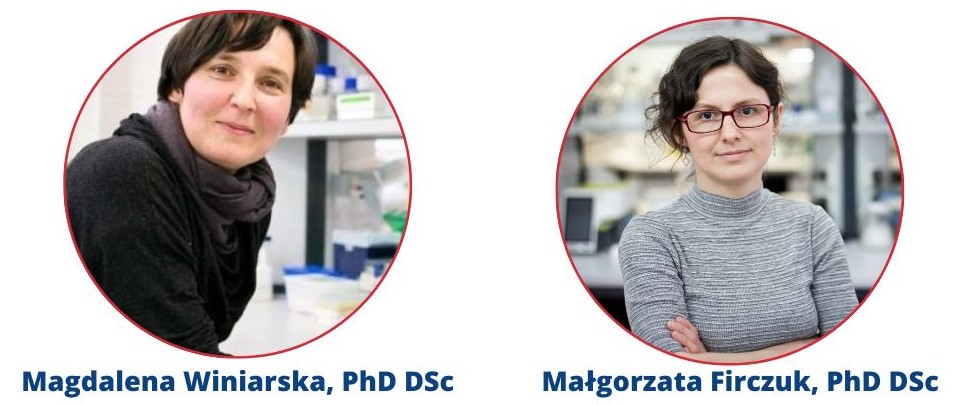
Congratulations to all members of the international project team!
About the project:
“Tumor-targeting T cells with engineered chimeric antigen receptors (CARs), generated from a patient's own T cells, are approved for some blood cancers. However, challenges remain due to cost, effectiveness, and safety concerns. In our Pathfinder project, we'll create artificial T cells (ArTCell) that imitate T cell therapy but are safer, better, and more affordable. ArTCells, designed in Giant Unilamellar Vesicles (GUVs), will replicate vital T cell functions: recognizing tumors and killing them. We'll test ArTCells in labs and mice to confirm their ability to target and destroy tumors, comparing them to state-of-the-art CAR-T cells. ArTCells could overcome existing barriers in cell therapies, offering broader use without being deactivated by tumors.”
Congratulations - Paulina Rybkowska
Congratulations to our PhD student from the Translational Platform for Regenerative Medicine
Ms Paulina Rybkowska
a laureate of the BioLAB Program for the academic year 2023-24 who will complete a scientific internship at the University of Virginia.
The Program's partner is the Polish-US Fulbright Commission.
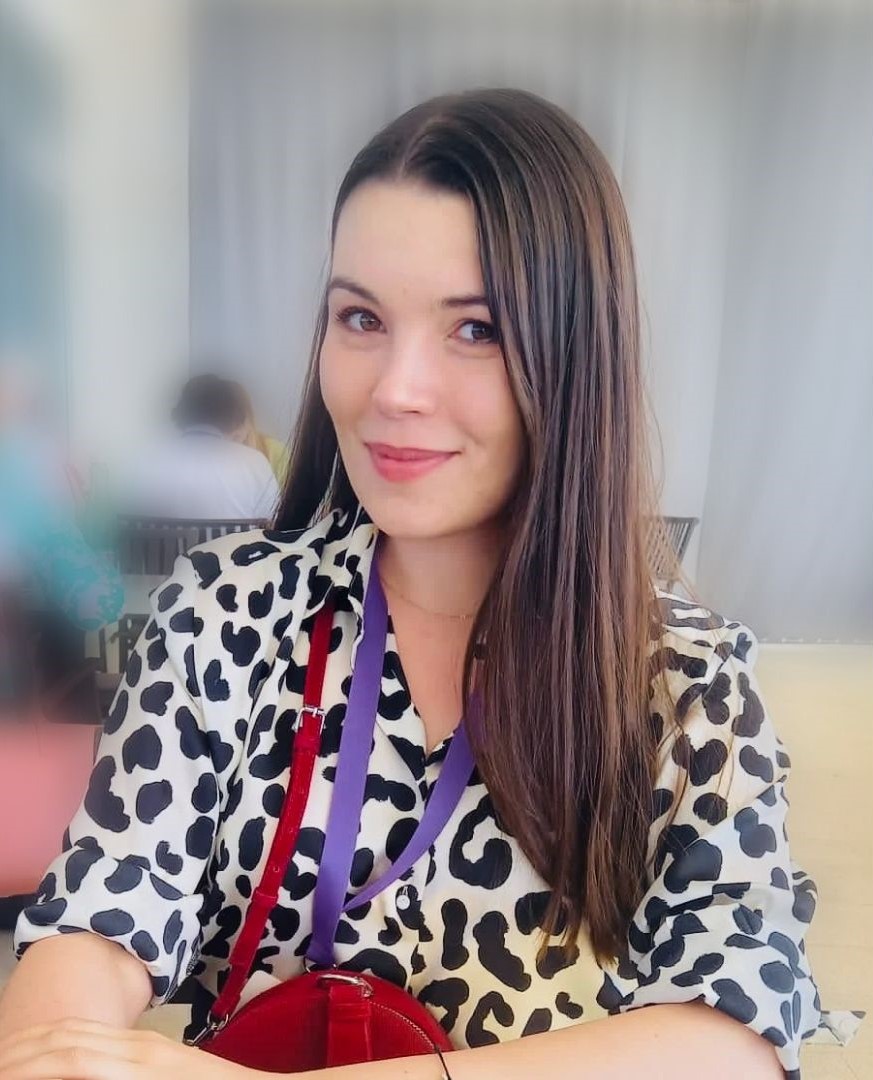
The BioLAB program is a one-year internship for students of biological and chemical, biophysical and medical sciences (biology, biochemistry, biophysics, bioinformatics, biotechnology, chemistry, physics, pharmacy, medicine, etc.) at four American scientific institutions: University of Virginia, University of Chicago, Oklahoma Medical Research Foundation, and UT Southwestern Medical Center.



